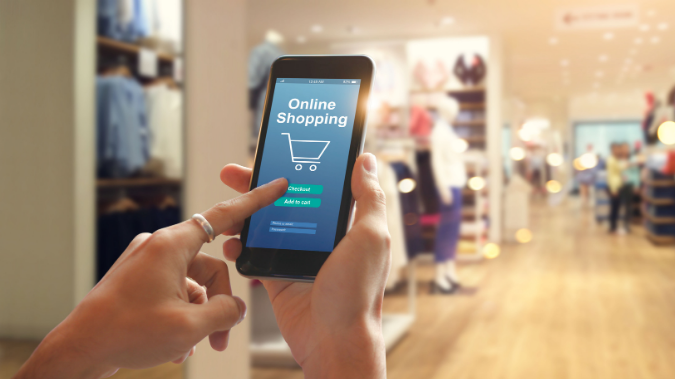As technology advances and the current pandemic forces a virtual approach to everyday tasks, online shopping is becoming a more accessible and common method of purchasing gifts and everyday items. This societal shift has caused an uptick in social engineering attacks as hackers take advantage of this reliance on our devices. In addition, hackers historically anticipate the influx of online shoppers during the holiday season, which puts our personal and financial information at an even greater risk.
Before loading up your virtual shopping cart, read through this list to ensure you are protecting your information by following cyber security best practices:
Do your research
Shop with reputable vendors and/or ones that you are familiar with. If you come across special holiday deals that seem too good to be true – and if the website isn’t familiar to you – do your research before moving forward with your purchase. The Better Business Bureau helps identify trustworthy businesses and provides direct links to their online retail sites.
Look for the lock
Don’t input any sensitive (personal or financial) information unless the webpage URL begins with https and shows the lock icon. These will indicate that you are working within a secure network and that it is safe to input your data. When possible, default to giving up as little personal data as possible. Even large companies’ websites get breached all the time.
Be skeptical
Phishing attacks are becoming more advanced and more common as a result of the pandemic. Be skeptical of any email that asks you to confirm personal or financial information, even if it references a specific recent purchase. If you suspect a phishing attempt, review these steps and report it.
Wi-Fi or VPN
Public Wi-Fi connections make it easier for hackers to intercept insecure transactions as they are being transmitted. Play it safe by connecting to a password-protected Wi-Fi that you trust before inputting any personal information.
If you need to use public Wi-Fi to make a purchase, connect to a virtual private network (VPN), which creates an encrypted tunnel between your computer and the server, so hackers won’t be able to intercept your personal information.
Create strong passwords
When an online retailer requires you to create an account to make a purchase, make sure to create a strong password. This includes making it unique from any of your other passwords. Click here for more password tips.
Opt for credit
Once you make it to the payment page, best practice is to use a credit card instead of debit. Most credit card companies have protections in place to save you from fraudulent charges, plus the money is not automatically drawn from your account. In either case, it is also best to check your bank statement to ensure there are no discrepancies.
Safe shopping!

